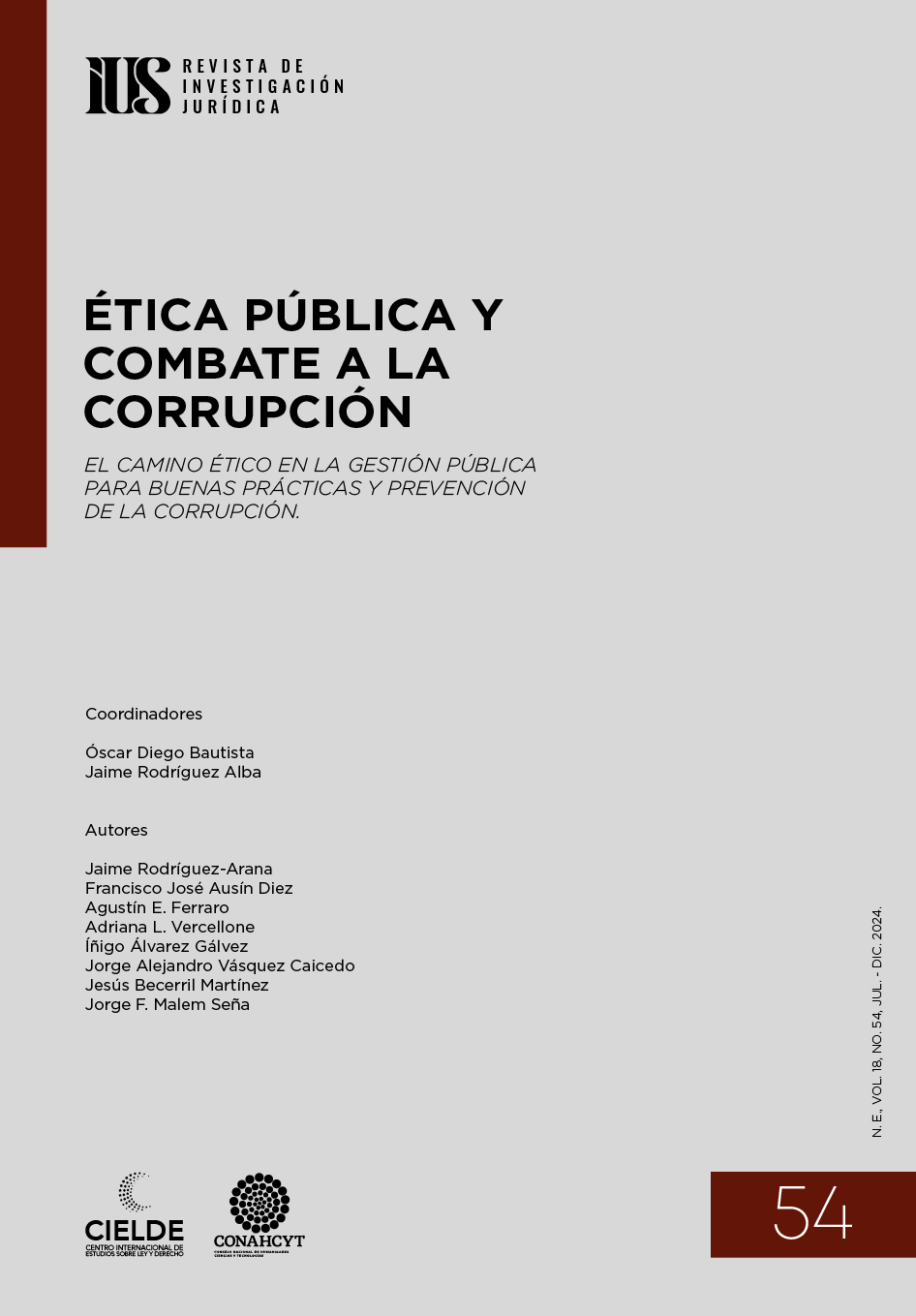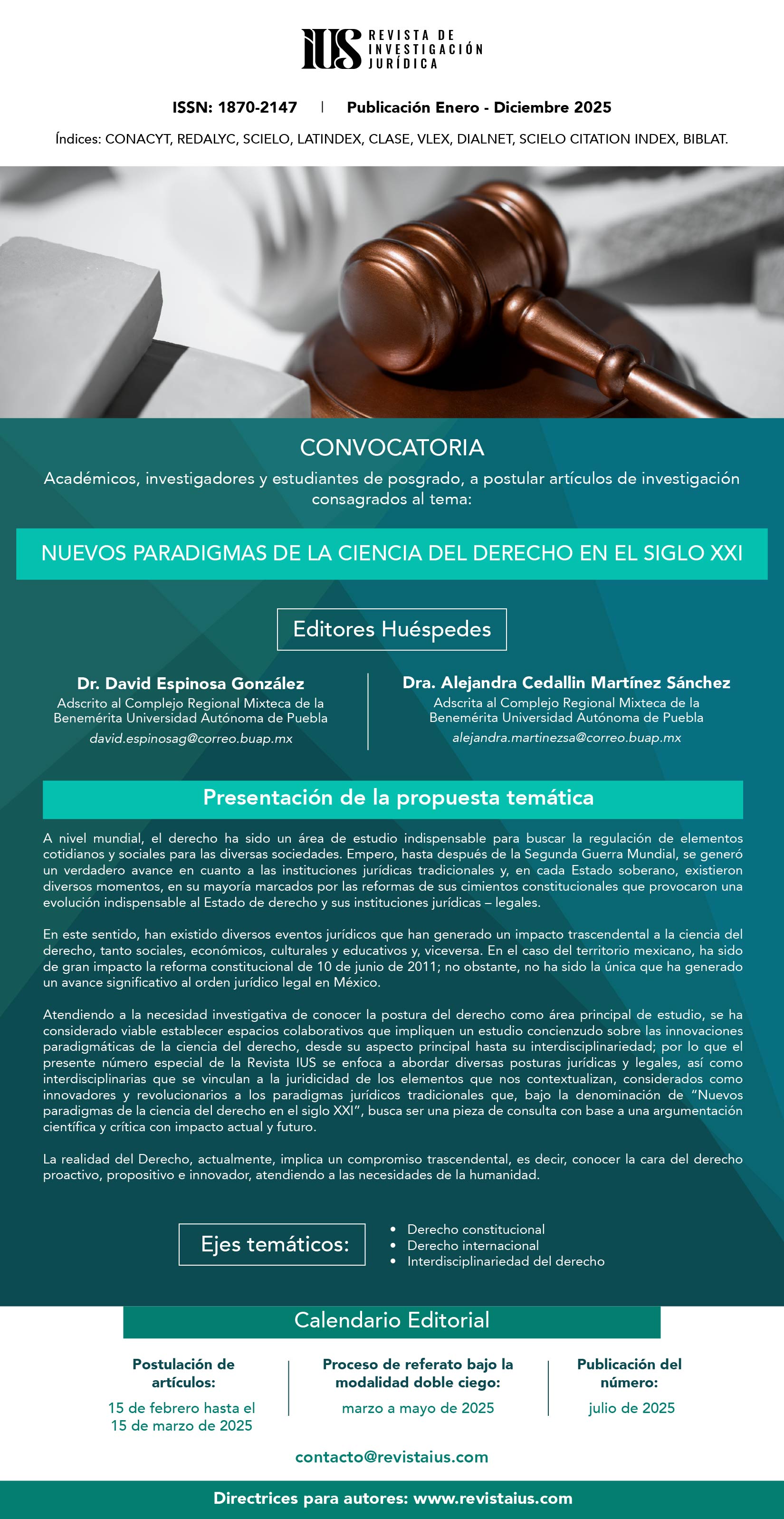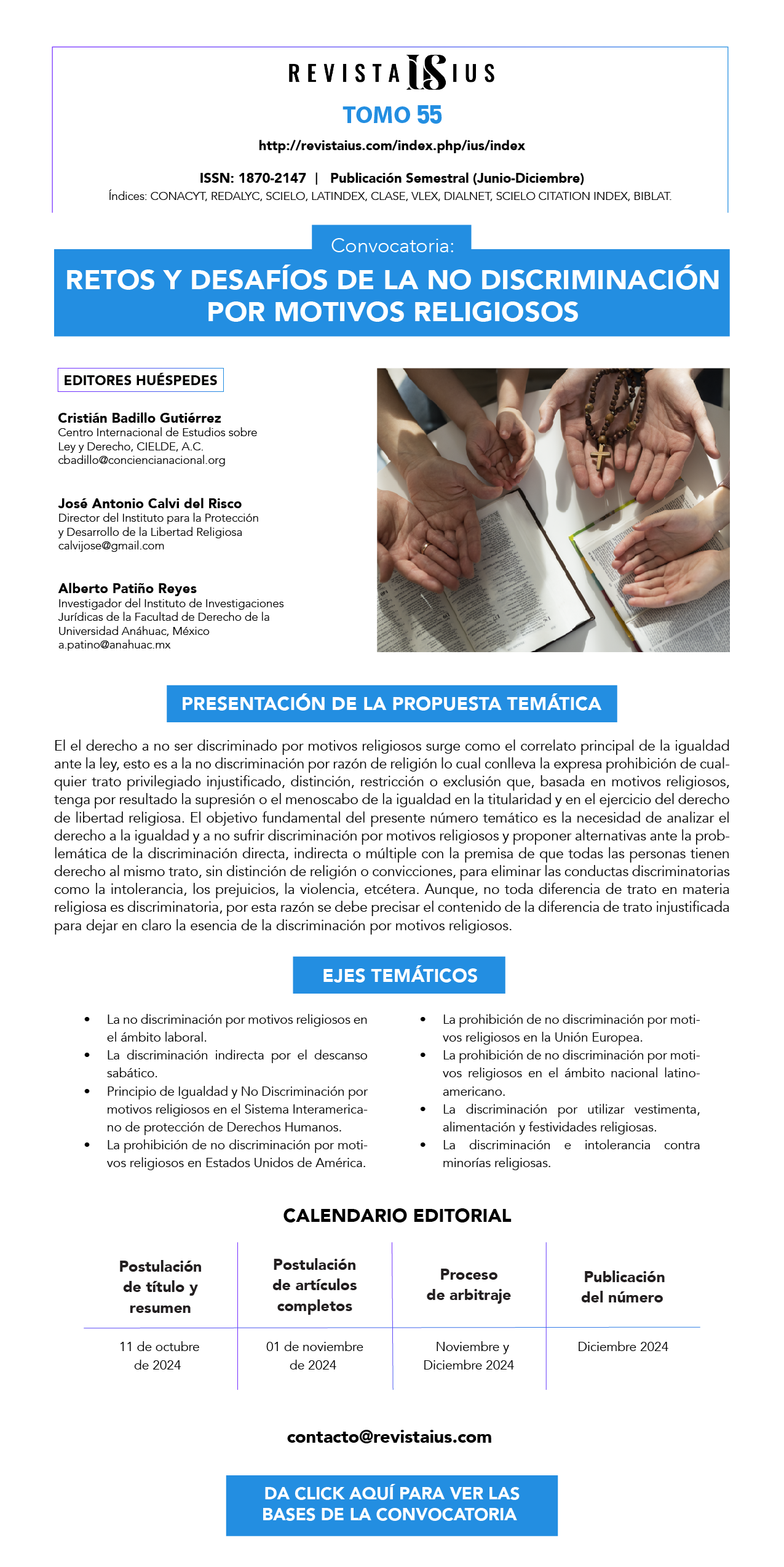Public ethics, reputation and political legiti- macy of state bureaucracies
DOI:
https://doi.org/10.35487/rius.v18i54.2024.1024Abstract
This article examines the relationship between various currents in public ethics and the discussion on the political legitimacy of state bureaucracies. The issue has a normative character and can be formulated with the following question: can the reputation and trust that citizens place in a state agency serve as its source of legitimacy, even if the authorities of that agency are independent of political power? This problem or dilemma of ethics and political legitimacy was analyzed by Max Weber and continues to be posed with great force today, as illustrated by the broad debate and institutional conflict that has been occurring for about a decade around autonomous agencies in Mexico. This article analyzes this conflict from the perspective of public ethics and theories on political legitimacy, in order to draw conclusions on the conceptions of the State and public service in Latin America.
Downloads
Downloads
Published
Issue
Section
License

This work is licensed under a Creative Commons Attribution-NonCommercial-ShareAlike 4.0 International License.
Revista IUS, published by the Legal Sciences Institute of Puebla A.C., is distributed under the Creative Commons Attribution-NonCommercial 4.0 International (CC BY-NC 4.0) license.
We authorize collaborators to upload a copy of their published work on their personal websites or any Open Access repository, provided that Revista IUS is specifically cited as the original source, indicating the year and issue of the respective example and adding the link to the webpage on which this publication can be freely consulted in toto and without charge: http://www.revistaius.com
Readers are free to:
Share, copy and redistribute the material via any medium or format.
The licensor cannot revoke these freedoms as long as you follow the license terms.
Under the following terms:
Attribution: You must give appropriate credit, provide a link to the license, and indicate if changes were made.
You may do so in any reasonable manner, but not in any way that suggests the licensor endorses you or your use.
NonCommercial – You may not use the material for commercial purposes.
If you remix, transform or build upon the licensed material, its distribution is not permitted.
Charges for managing articles: Revista IUS will not charge for receiving, processing or publishing articles (Article Processing Charge, or APC) submitted by authors.





